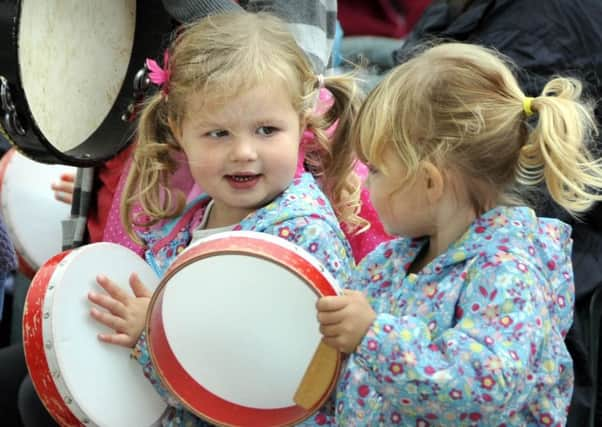Boosting creativity


A recurring theme – and one with which I wholeheartedly agree – was the way in which the arts can help enormously in combatting depression and anxiety and also increase our sense of wellbeing. Gavin Clayton, one of the founders of the National Alliance for Arts, Health and Wellbeing expressed that view succintly in an article in the Guardian saying: “The arts are important for wellbeing because beauty has a role in our lives. If we don’t listen to that, or pay attention, then that can cause problems.”
In our modern world where ‘busy-ness’ is seen as a virtue and division is rife, we need to make time to notice and experience the wonder of the arts, which represents the best of humanity. It got me to thinking that, given the concern around the mental health of young people in particular, why on earth does the Government insist on continuing to sideline arts education? One school in Bradford has recently proved just how valueable arts education is. At Feversham Primary Academy, the creative thinking of headteacher Naveed Idrees has meant that the school, which was in special measures seven years ago, is now in the top 10 per cent nationally for pupil progress in reading, writing and maths.
Advertisement
Hide AdAdvertisement
Hide AdIt is a remarkable turnaround – and how did he achieve this? By ensuring that drama, music and art was introduced into every part of the school day, with up to six hours of music a week for every child. The school based its approach on the Kodály method, a form of music education developed in the mid-20th century by Hungarian composer Zoltán Kodály which employs musical games, and has been shown to improve performance in other areas. It’s not rocket science – children are more receptive to learning when they are happy and having fun.
There is plenty in the world today for young people, in particular, to be anxious about and it can feel as though there is not much to be optimistic about. The arts help us to make sense of the human condition, enable us to engage with our own creativity and imagination and those of others. They facilitate community cohesion, hold up a mirror to our own lives and allow us to understand the lives of others.
Let’s all take care of ourselves and each other and make time to appreciate an absorbing film, an exquisite piece of music, a beautiful painting or a well-told story. It reminds us that amidst the darkness there is light.